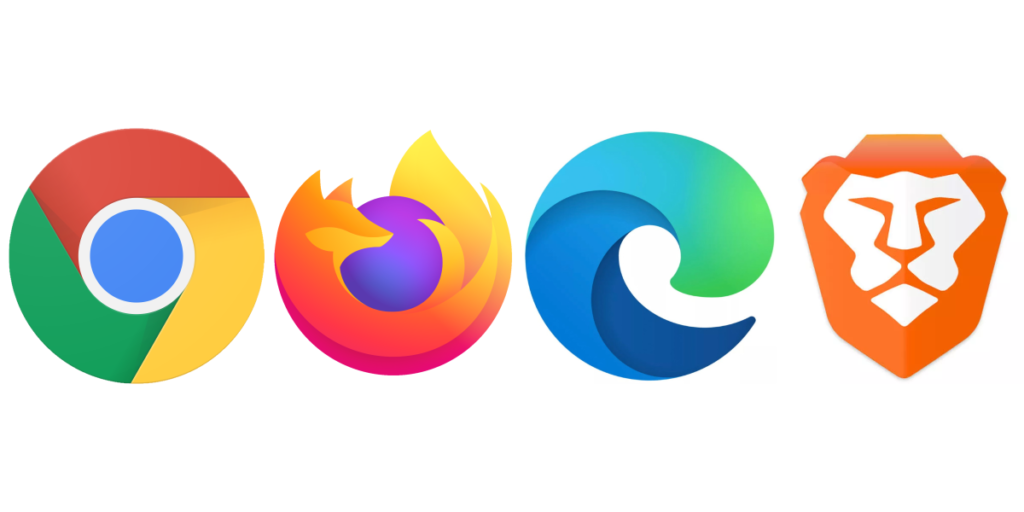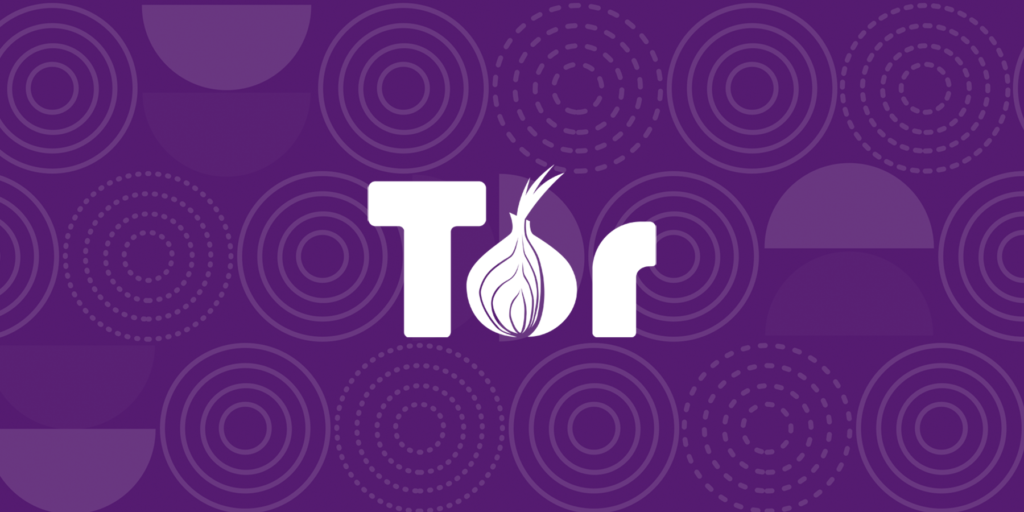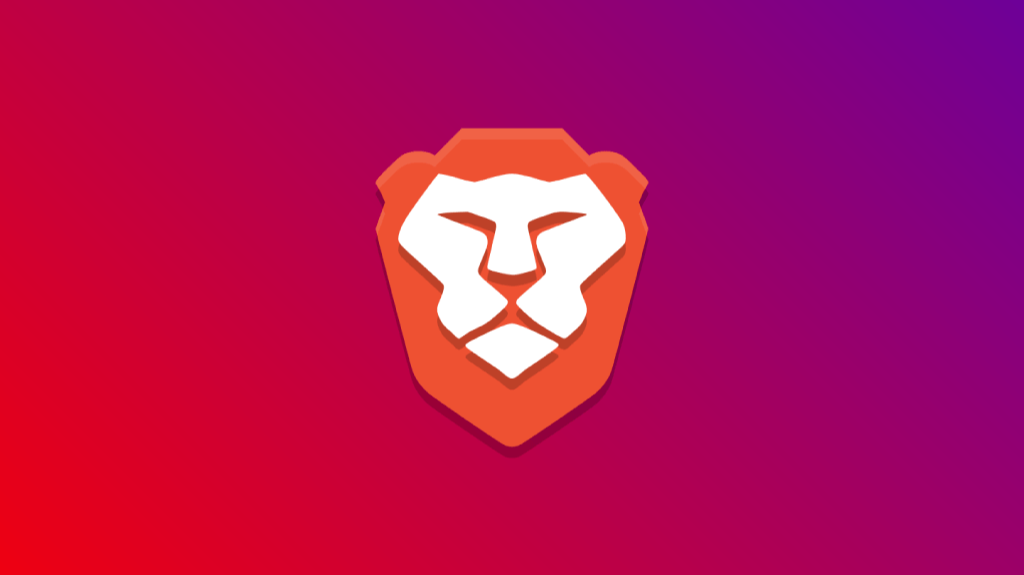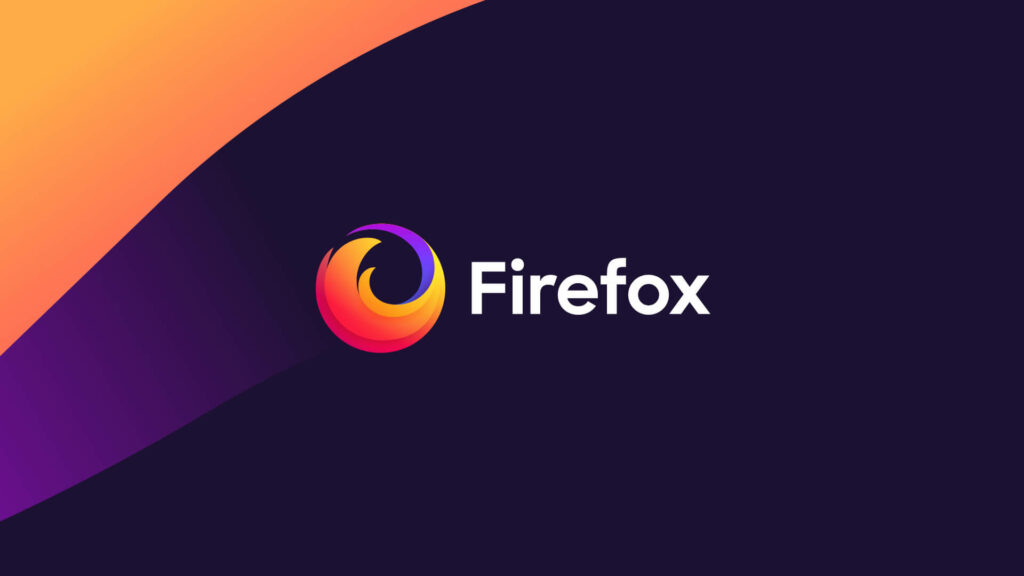When it comes to browsers, there is many to choose from; with Google Chrome, Safari, and Microsoft Edge being some of the most used and notable. (with Google Chrome taking up 49.6% of the market according to the DAP)
But are they safe?

The answer is, not particularly. There are browsers out there that are focused on data protection and encryption, thus are the better options.
We’ve taken some time to research what are some of the best options for you, with the following being our chosen best browsers that have privacy in mind.
1 – Tor Browser

Tor, (also known as “the onion router”) created by the Tor Project Inc, is a browser that has been around since the early ’00s, and has always emphasized creating a space in where users’ privacy is the biggest priority.
Functionality wise, Tor operations very similar to Firefox (another browser mentioned on our list…) but with added encryption and protection, and holds unique quality, such as being able to unblock censored sites (news sites, social media etc.), which is especially helpful for those of you in countries with strict laws on internet accessibility.
Our only issue with Tor, is that it may take more time to load compared to other browser options, due to its onion routing technique, but it pays off for having that extra encryption and access online.
“Internet users should have private access to an uncensored web.”
Being a non-profit organisation, the workers at Tor all have a passion for human rights and privacy, which gives a breath of fresh air for their users, as both themselves and those working for the company have a mutual understanding of how security should be focused upon online.
2 – Brave Browser

Brave is one of the best browsers on this list if you’re looking for an in-depth, security concentrated system with added bonuses included.
Some of their security features include: Ad blocking, fingerprinting prevention and cookie control. As well as these, Brave also has its own VPN, Firewall and soon-to-come Search Engine services, which is helpful for users as it makes being safe online so much easier.
One of Brave’s more unique aspects is its Rewards add-on; it gives users the opinion to view ads from their own selected creators, plus these ads don’t take all your information like usual, it stays private for you.
We do also like the fact this feature is completely optional, alike to their other features, so the power is in your hands.
If you’re looking for a speedier, yet safer browser, this could also be the one for you, as Brave boasts a 3x-6x faster speed compared to Chrome, and appearance-wise, this was our favourite of the bunch.
3 – Pale Moon Browser

Pale Moon was created by M.C. Straver, who used Open Sourced code and forked from Firefox code to put together a classic, customisable browser that puts users in the driver’s seat.
Pale Moon mainly appeals to the user’s freedom, also clearly highlighted in their tagline: “Your browser, Your way”
Also, this freedom is shown by giving their users free rein on customisation, extensions, and tools.
Pale Moon is slighter less security-focused like the other browsers on this list, however, with Pale Moon choosing DuckDuckGo as their default search engine, that bodes well for us since DuckDuckGo is known as one of the best search engines for security.
If you’re looking for a classic, private browser in which you can add your own creative twists to it, then Pale Moon will be the one for you.
4 – Firefox Browser

Firefox is the most popular browser of the bunch here, but stay with us; Firefox has turned its values on a more secure view. Mozilla has decided to take a breath of fresh air and focus its efforts on a privacy-centric one. One of their most broadcasted qualities is their enhanced tracking protection, which automatically establishes itself once you’ve downloaded the browser.
If you’re looking for another browser option that has speed on its side, then Firefox could be for you. As well as that, Firefox were actually the first major browsers to offer external add-ons, which has led their library to be wider than other competitors and overall more developed.
So, take your pick!
We do suggest going beyond to stay safe online, installing VPN’s, using private search engines and private email services (aka us!) are just some of our suggestions, but do keep an eye on our blog for further recommendations and help on your online privacy.
Further your protection online by reading our previous post on phishing and how to avoid it, and signing up to our private, encrypted webmail service.
0 Comments